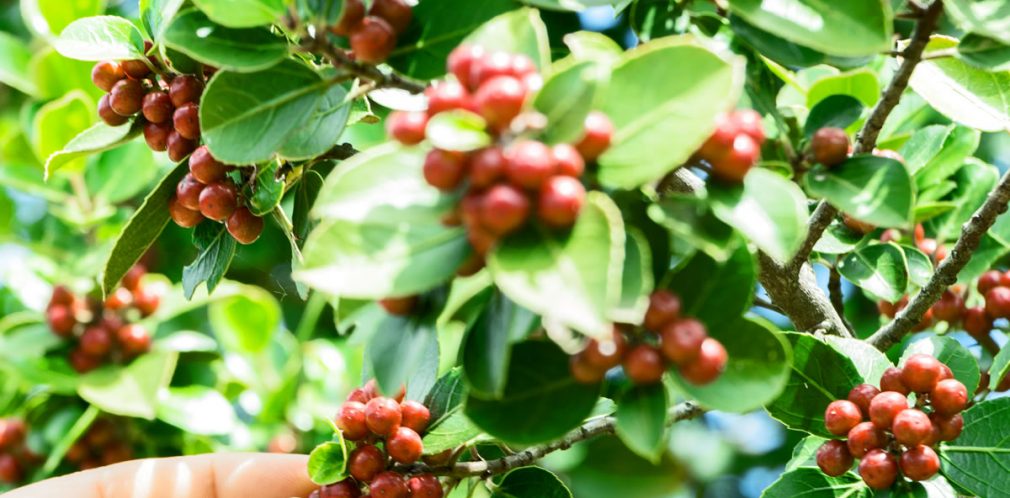The coffee sector in Kenya employs around six million people directly or indirectly. Kenya is the African powerhouse of the coffee world in East Africa by producing high quality coffee beans that are highly sought after for blending with other varieties. Coffee is one of the leading foreign exchange earners with main export destinations being the US, Germany, United Kingdom, Sweden and the Netherlands among others. Coffee farming remains crucial to livelihoods of most farmers. However, farmers are faced with diminishing returns attributed to climate change, increased cost of inputs and cost of living. Despite the challenges, Mrs. Dionesia Ireri is still holding on to her dream of increasing income from coffee, thanks to the biodigester technology.
Mrs. Ireri is the chairlady of New Kirimiri Farmers’ Cooperative society, she believes leaders must be good examples. Living by her slogan, she was the first farmer to acquire a biodigester when the technology was flagged off in her cooperative. Dionesia wanted to be the lead farmer in her cooperative registering high production every year but was wary of the effects of continuous application of chemical fertilizers on the farm but did not have alternatives to soil nourishment and crop nutrition. Mrs. Ireri opted to diversify into dairy and pig farming where she hoped to use the dung for composting organic manure. She learnt about biodigesters when her cooperative was incorporated in the 4S@Scale, she adopted the technology by acquiring a 12cubic meter digester in 2016. With support from the Kenya biogas program, through biodigester extension service provider (BESP), she was able to start compositing using bioslurry. By the time of our visit to her farm, Mrs. Ireri was had two compost pits in progress and liquid slurry flowing through her coffee farm by gravity. Dionesia boasted of early flowering from her coffee trees in the current season and the berries matured faster/earlier than the previous seasons. She fondly refers to the biodigester as a fertilizer factory!
Mrs Ireri has found another use of bioslurry through pig feeding. She says this has reduced the cost of pig feeding by twenty five percent making this enterprise more profitable. Dionesia started by introducing one bucket of slurry into pig feeds and monitored the results. She has settled to mixing two parts of slurry to three parts of feed. The pigs tend to like this combination and are less noisy. She observes that the skin of the pigs is fair and the rate of growth is faster.
Her coffee farm has become a centre of learning where other farmers come to learn on benefits of bioslurry on coffee. She opened up the farm for learning purposes because she would like to improve coffee production in the cooperative to be the leading cooperative in Embu county. From the learning centre, five other women have been attracted to install biodigesters and the number is growing. When Dionesia compares her production over the years she affirms that her total production has improved by fifty percent. She hopes to double production with sustained slurry application.
Tags: Bioslurry, Bioslurry in Kenya, Coffee Farming, Embu, Pig Farming

